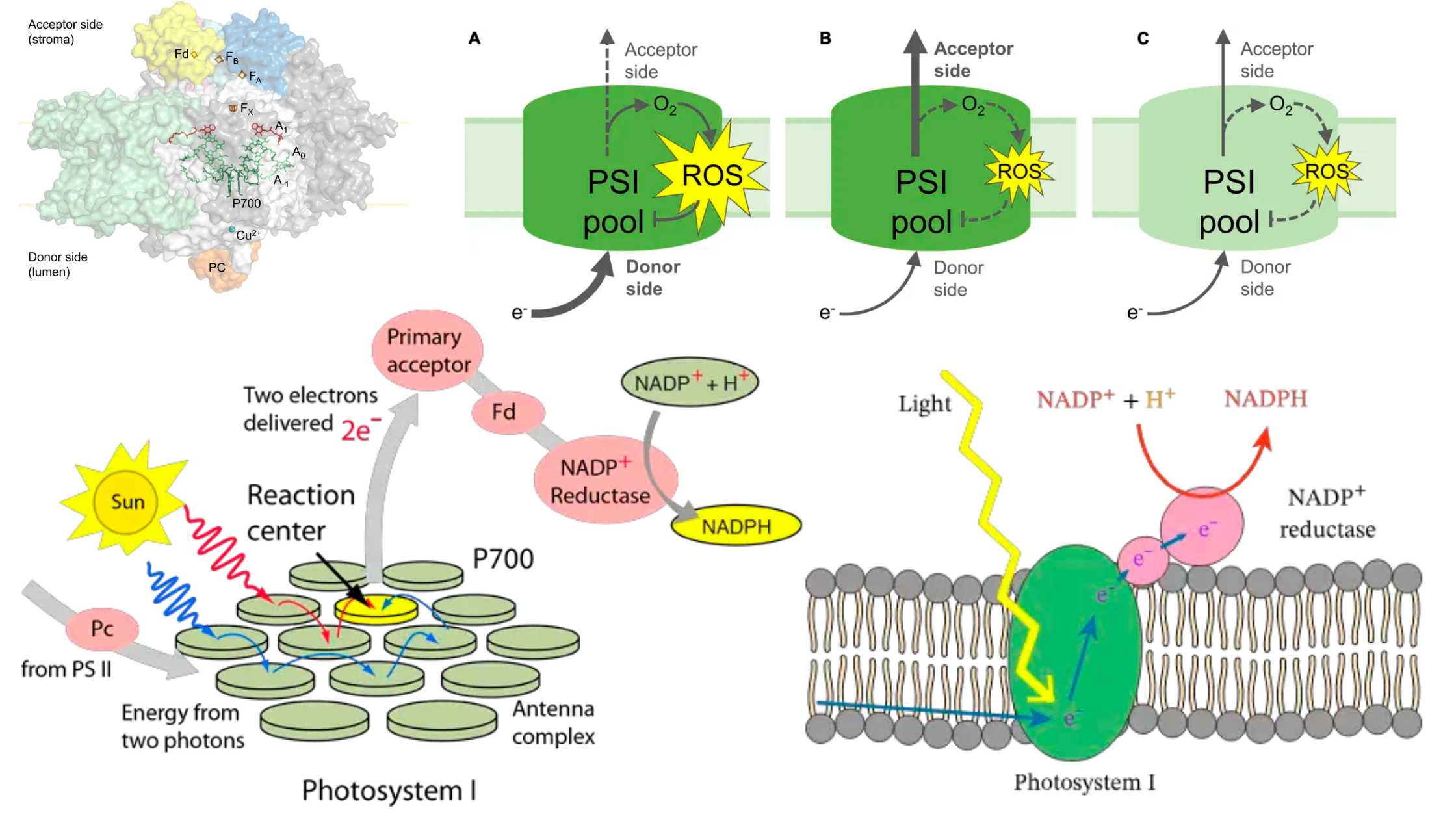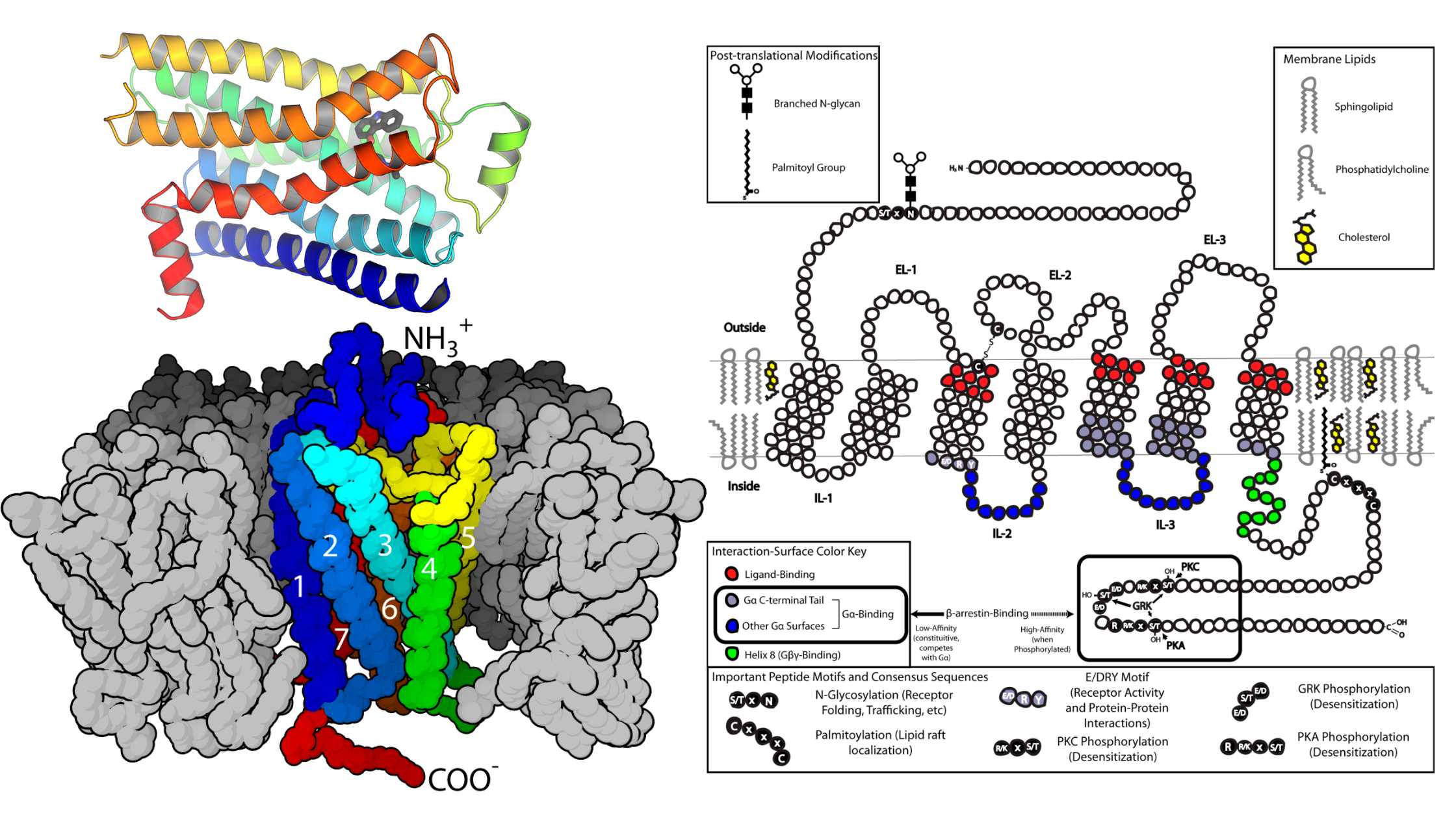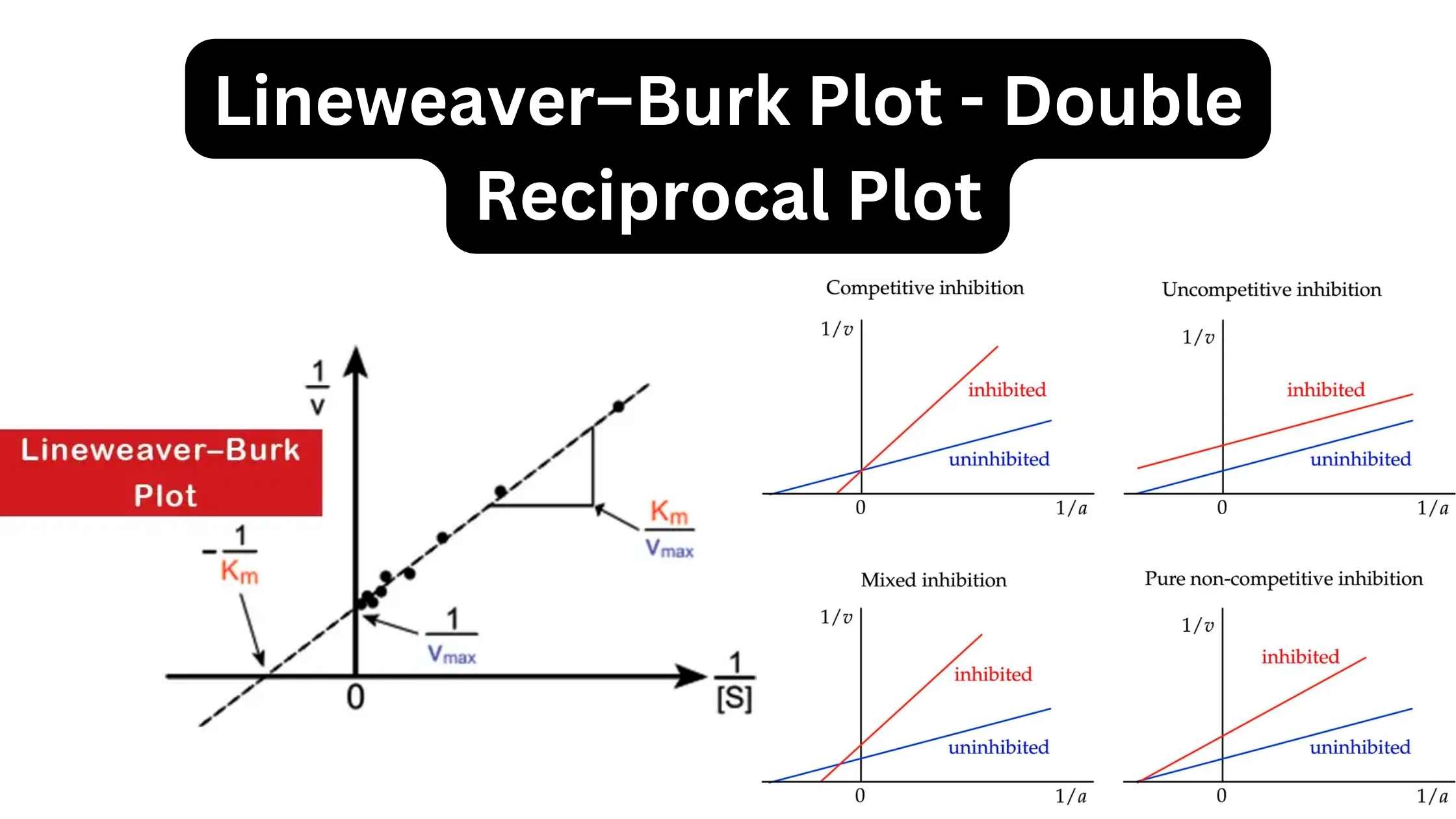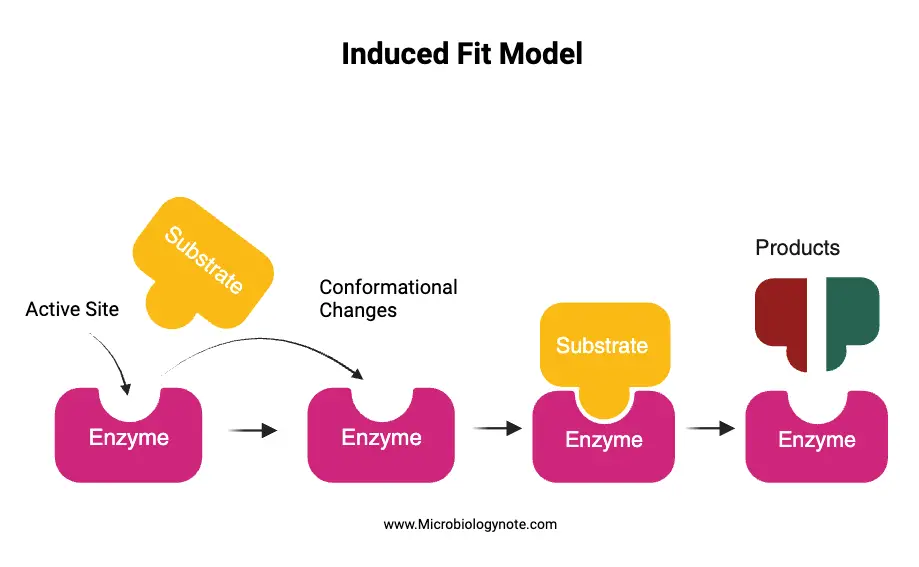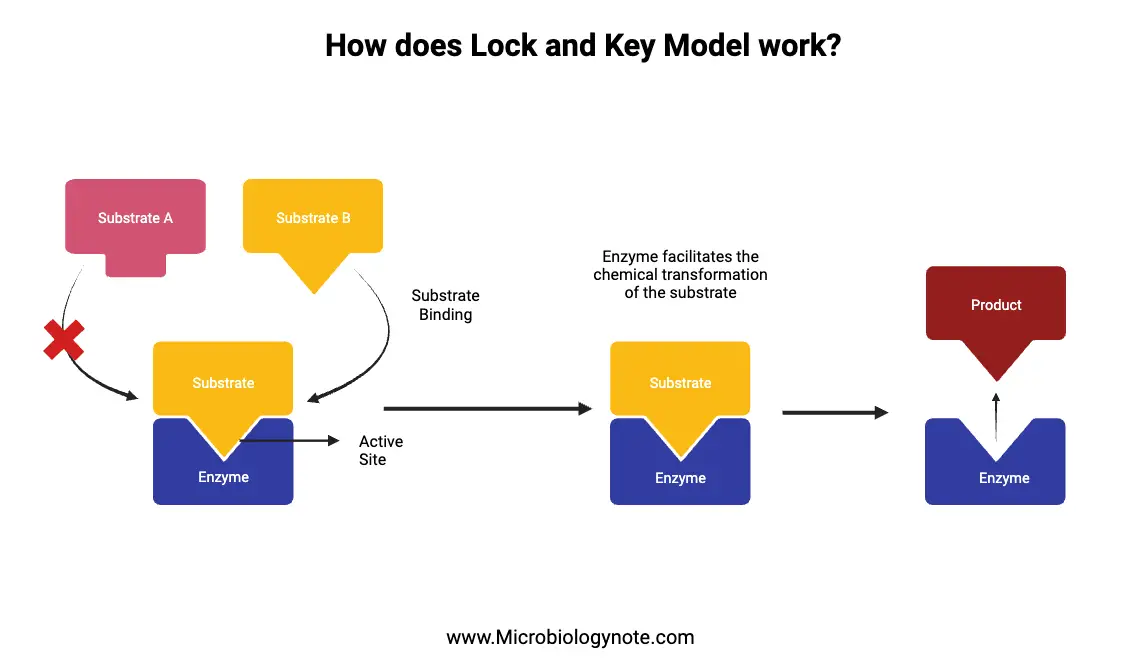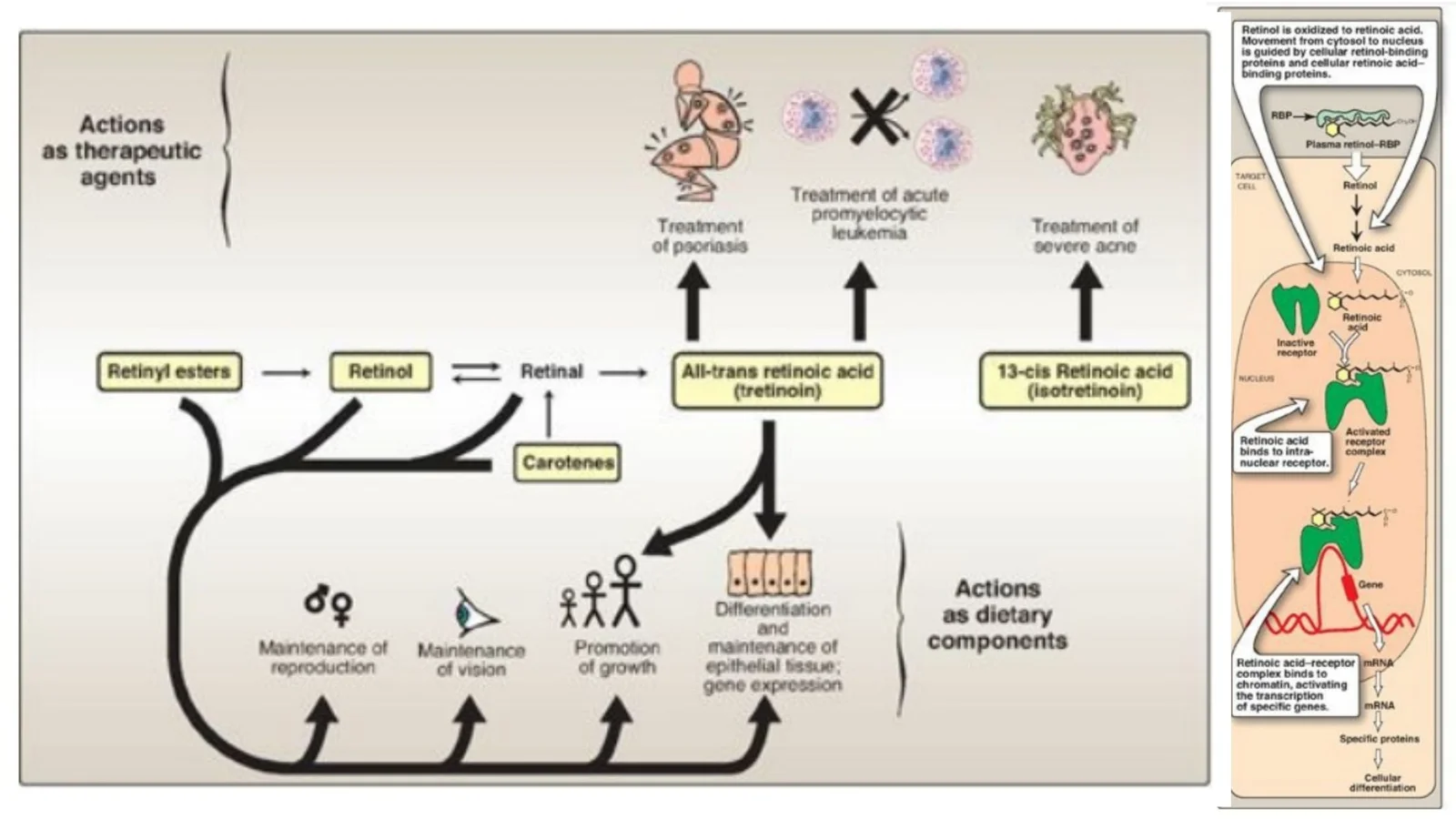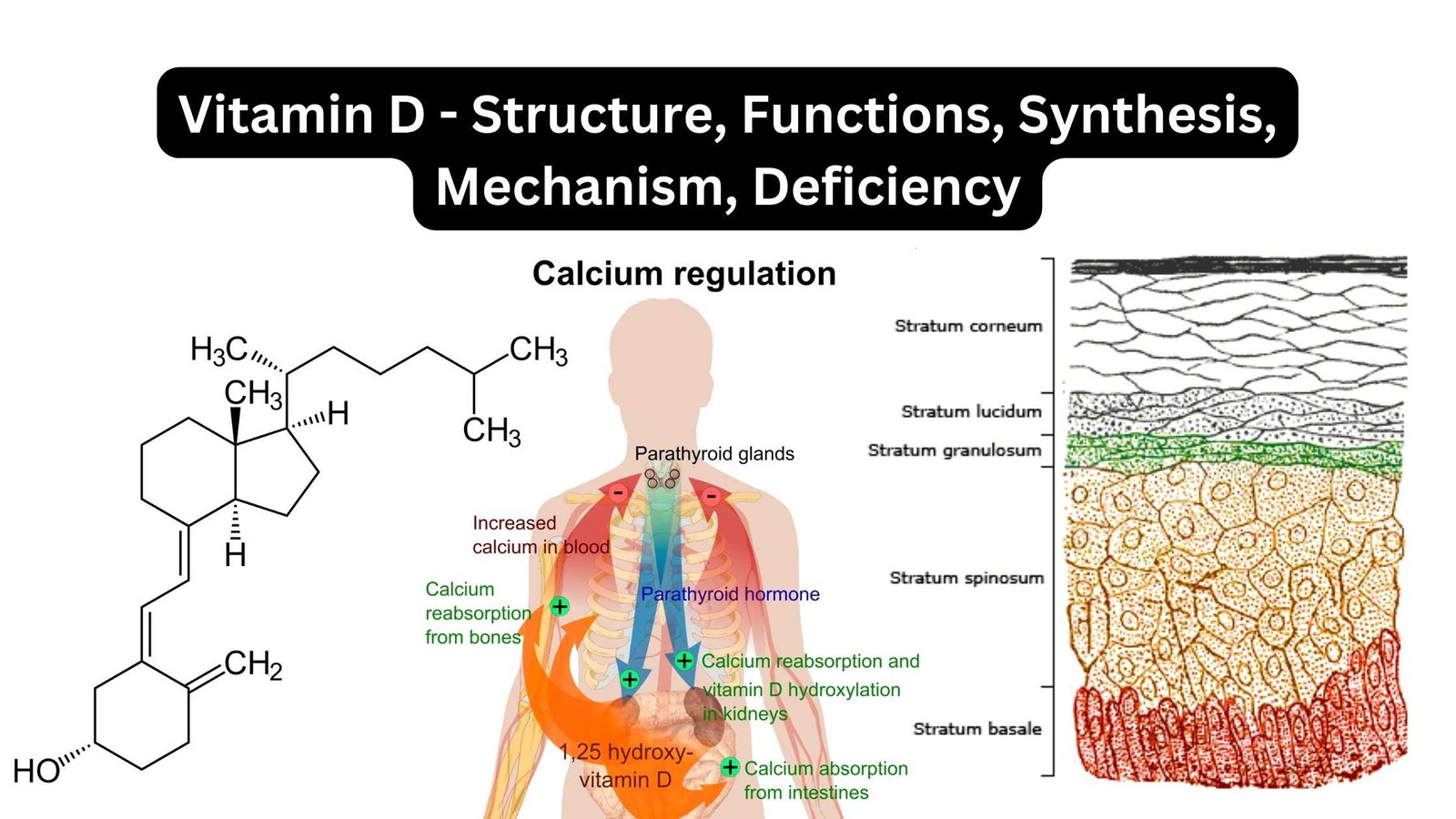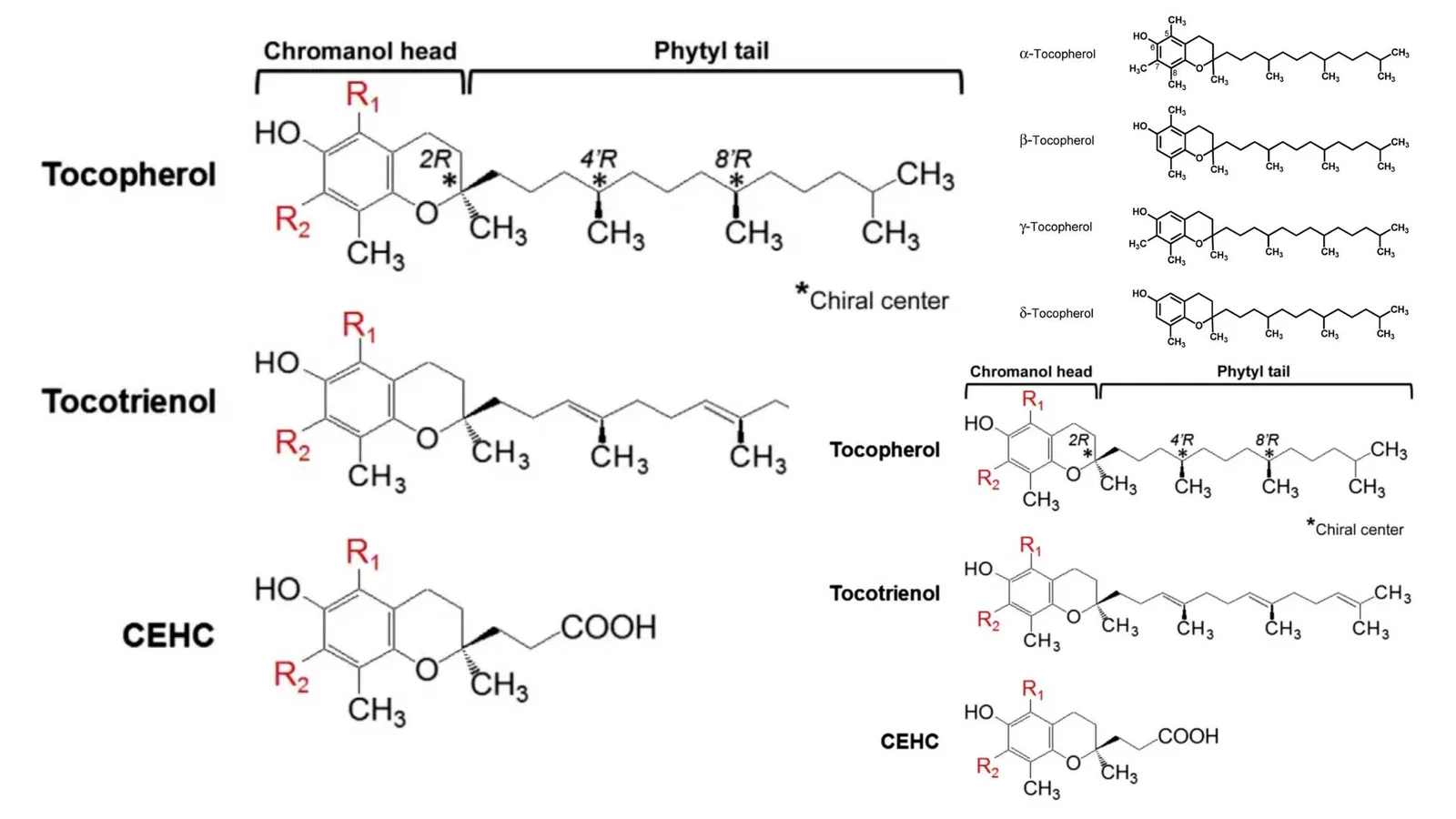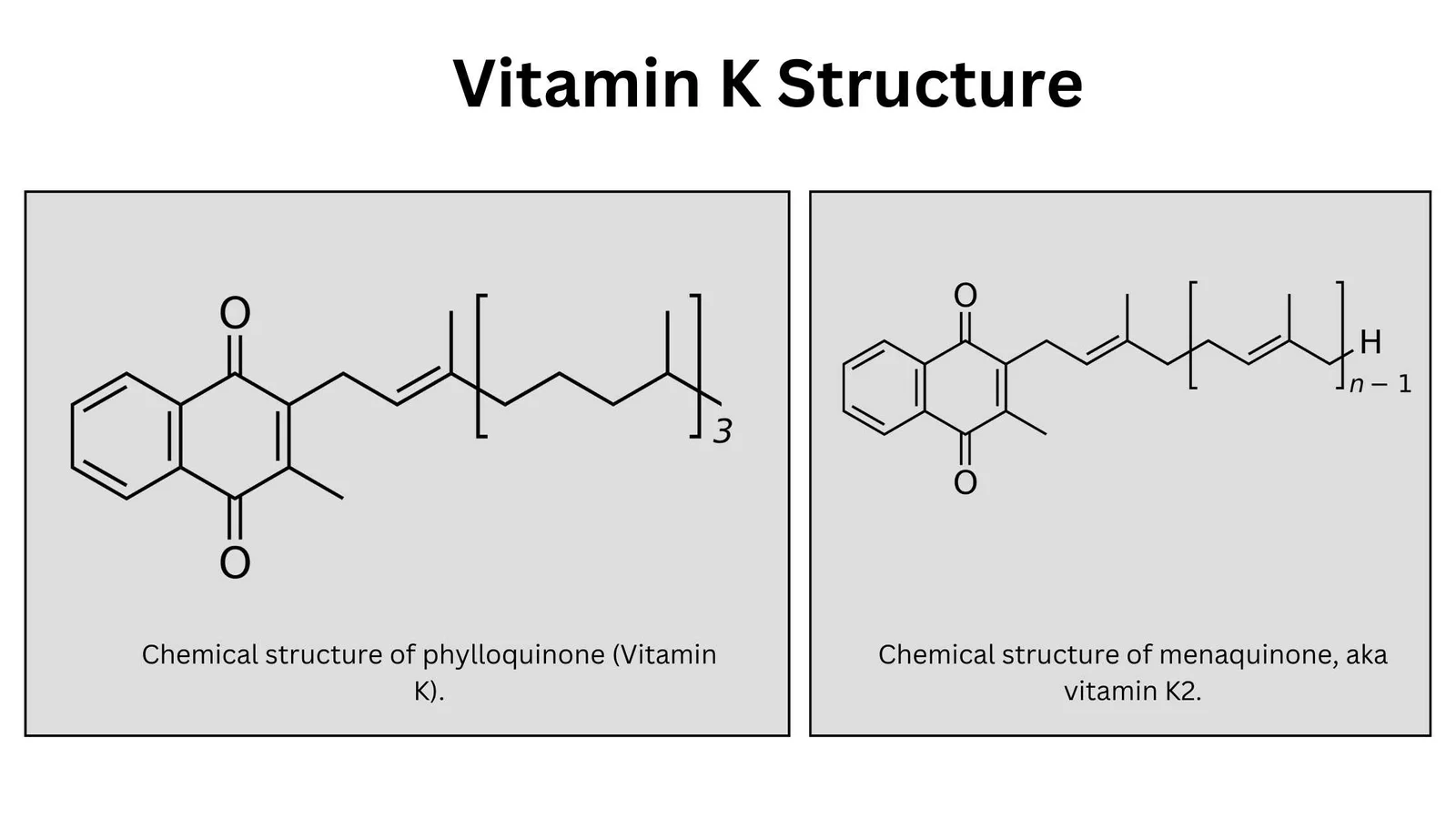Photosystem I (PS1) – Structure, Functions
What is Photosystem I (PS1)? Definition of Photosystem I (PS1) Photosystem I (PSI) is a crucial protein complex in oxygenic photosynthesis, primarily found in algae, plants, and cyanobacteria. It functions by capturing light energy to drive the transfer of electrons across the thylakoid membrane, from plastocyanin to ferredoxin. This process contributes to the synthesis of … Read more
